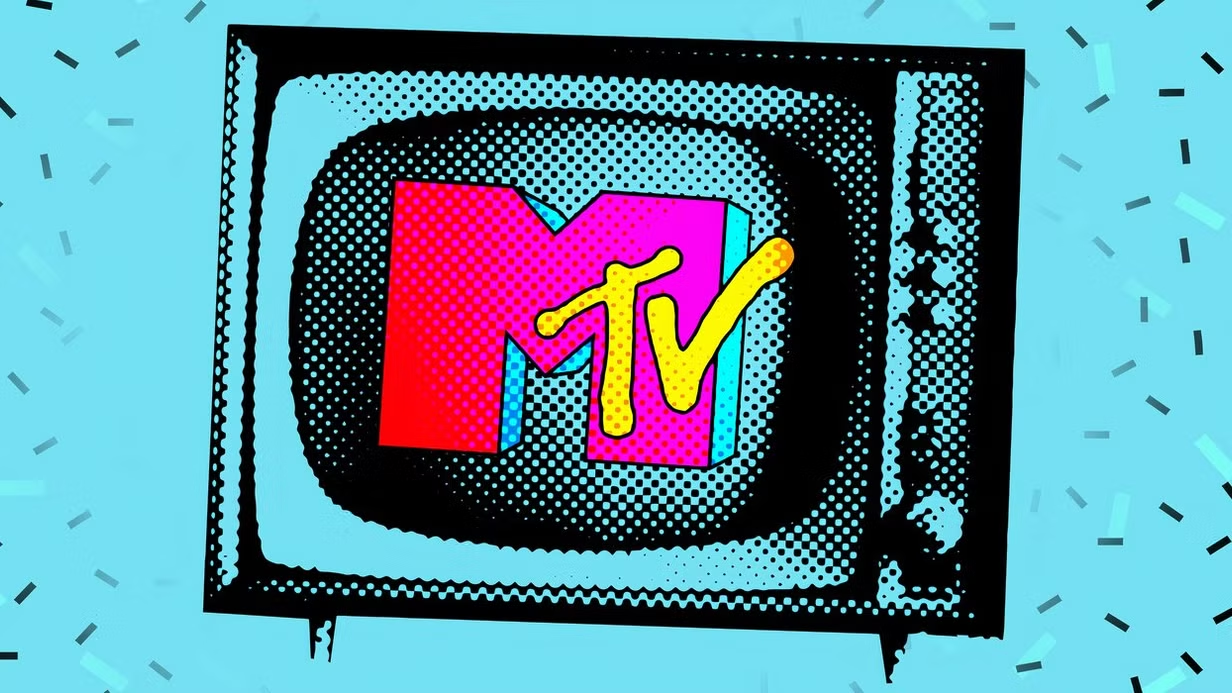MTV, once the defining force of global pop culture, is entering another dramatic phase of reinvention. Headlines about the network “shutting down” have led many to believe that the channel itself is disappearing, but what’s actually happening is a sweeping reorganization after more than forty years on the air. The iconic network that began by declaring “Video Killed the Radio Star” in 1981 isn’t vanishing entirely — it’s scaling back its music presence and doubling down on its profitable reality and personality-driven programming.
According to reports from BBC News, MTV will close five of its music-focused channels in the UK and Ireland — MTV Music, MTV 80s, MTV 90s, Club MTV, and MTV Live — by December 31, 2025. These closures mark the end of nearly four decades of continuous music broadcasting in those regions. While Paramount Global, MTV’s parent company, has yet to release an official statement, the restructuring appears to be part of a broader international shift. The same cuts are reportedly expected to reach across Europe, including France, Germany, Austria, Poland, and Hungary, as well as markets in Australia and Brazil.
The changes come amid a merger between Paramount and Skydance Global, whose new CEO David Ellison has described plans to “redefine” legacy cable brands like MTV rather than abandon them outright. Yet in practice, that redefinition has meant consolidating networks, cutting costs, and scaling back traditional programming. As Ellison focuses on maximizing efficiency within Paramount’s portfolio, the closure of MTV’s secondary channels mirrors a familiar trend across media — one where brand preservation often comes at the expense of heritage.
For long-time fans, this feels like the final chapter in MTV’s slow transformation. The flagship MTV HD channel will remain on air, but its lineup now centers almost entirely on unscripted franchises such as Teen Mom, Geordie Shore, and Naked Dating. Music programming, once MTV’s foundation, has been fully shifted off the network. What remains is a brand still recognizable in name but fundamentally disconnected from its original purpose.
The reaction has been emotional. Former MTV video jockey Simone Angel told the BBC she was “heartbroken,” describing MTV as a place “where everything came together.” On social media, users echoed that sentiment, calling the shutdown “the day the music died” and lamenting that “MTV was culturally and spiritually dead when it stopped airing music videos.”
It’s worth remembering how monumental MTV’s role once was. Launched in 1981 with The Buggles’ “Video Killed the Radio Star,” it became a launchpad for artists like Madonna and Michael Jackson, transforming how music was marketed and consumed. When MTV expanded to Europe in 1987, it became an international language of pop culture — a unifying force that helped shape style, attitude, and celebrity. But by the 2000s, the rise of YouTube, social media, and on-demand streaming eroded MTV’s monopoly on music discovery. The channel pivoted toward reality television, a move that sustained viewership but eroded its identity.
Now, with the last of its music channels closing, MTV faces an existential question: can a brand built on music survive without it? The network continues to exist under Paramount’s global strategy, but what it represents has shifted. It’s no longer a hub for discovery or experimentation — it’s a remnant of a media era that has largely disappeared.
For those who grew up watching groundbreaking videos, iconic award shows, and rebellious pop moments, MTV’s decline marks the end of something larger than television. It’s the loss of a shared cultural space where music, youth, and creativity collided — something no algorithm or streaming service has yet managed to replace.







